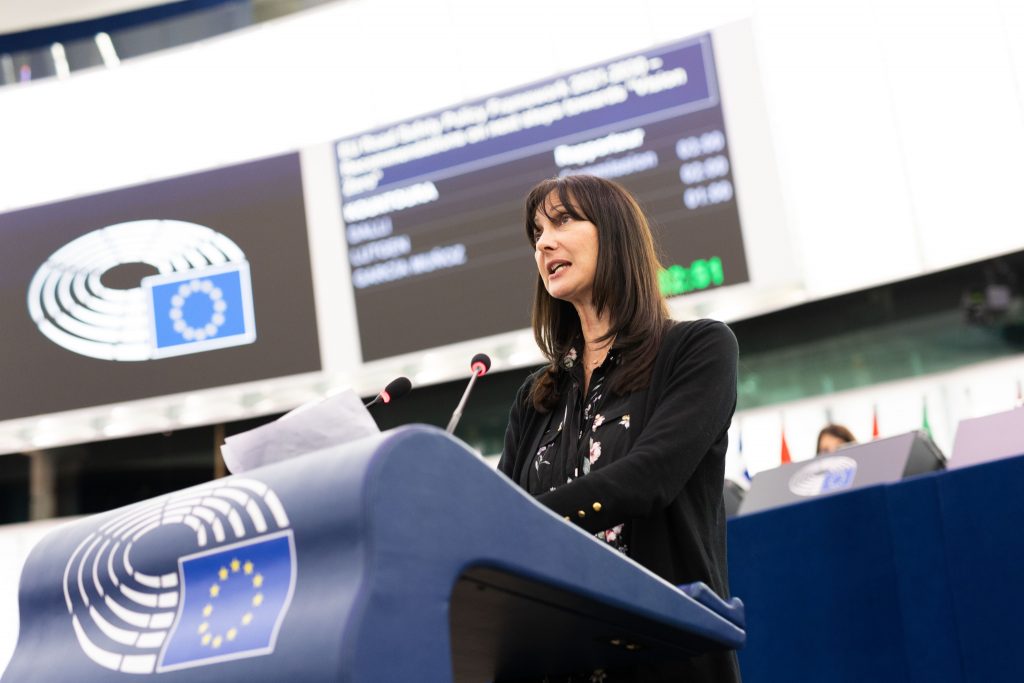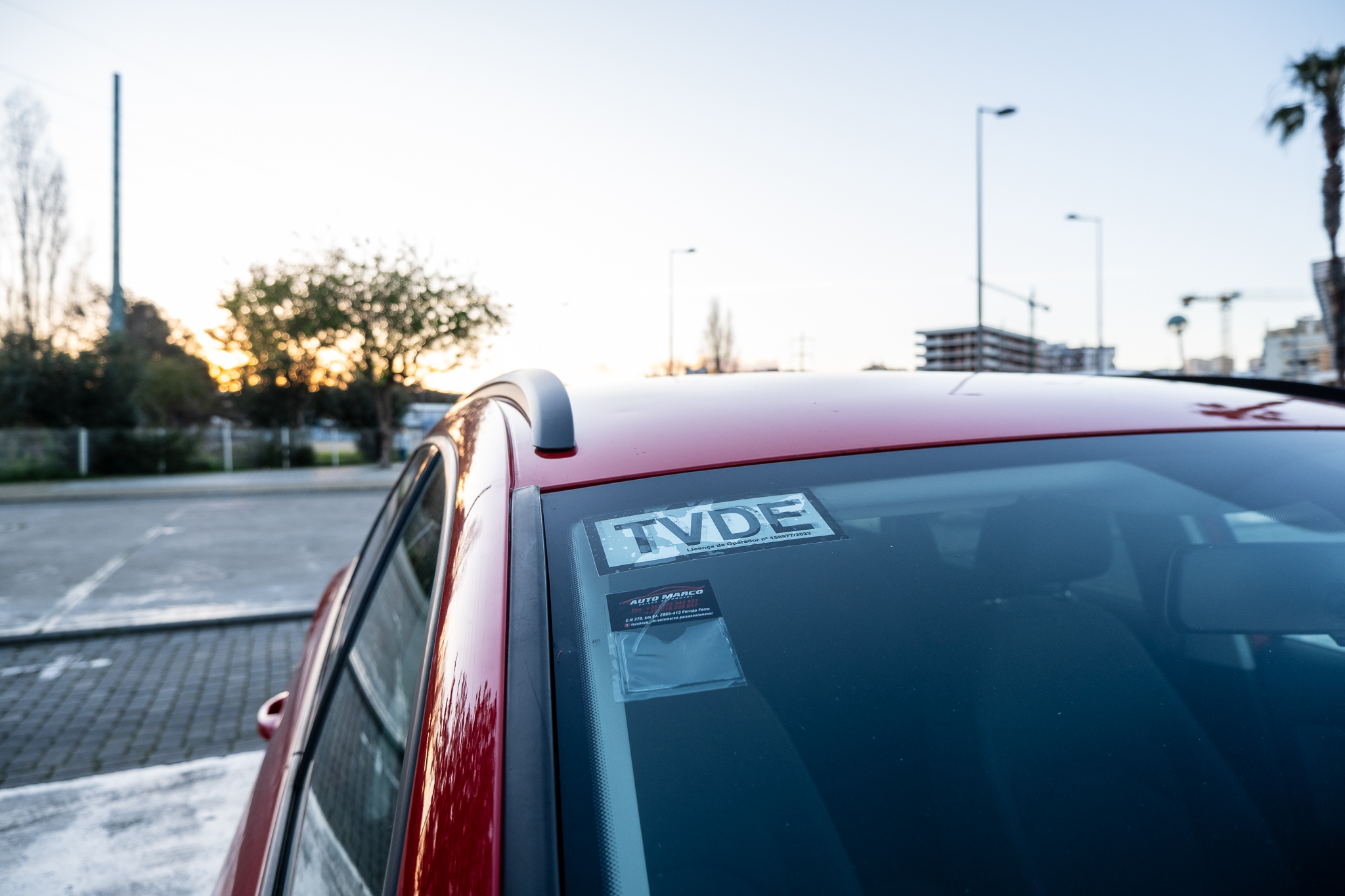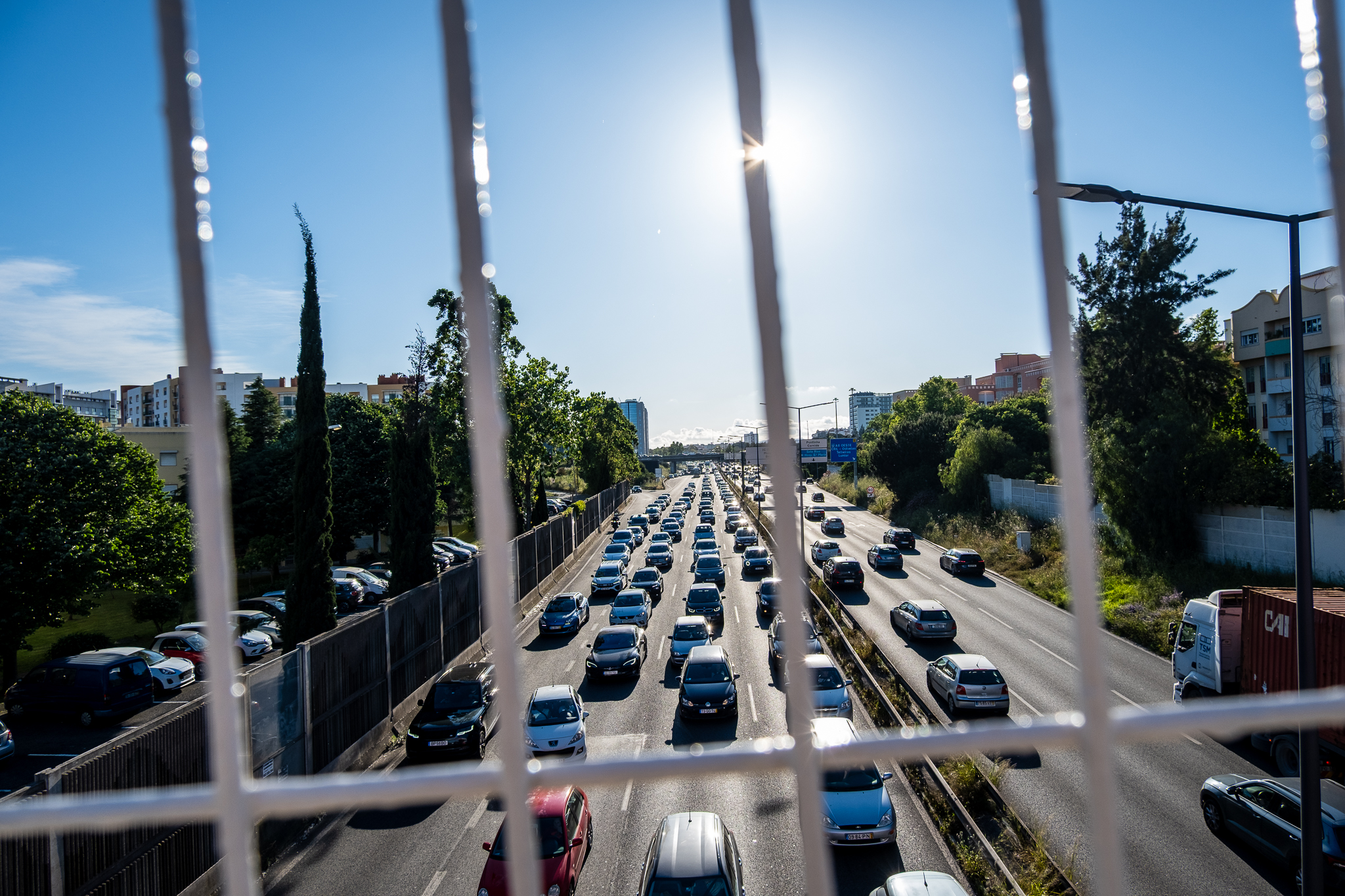The number of fatalities on European roads has fallen by 36% in the last decade, below the European Union's target of 50% by 2030. By 2050, the goal is zero deaths.

The European Parliament (EP) calls for a 30 km/h speed limit in cities, safer roads, zero tolerance for drink-driving and the promotion of modal shift (involving the bicycle)as ways of achieving the goal of zero road deaths in the European Union (EU) by 2050. But there are targets to reach within nine years: by 2030 we aim to reduce the number of deaths and serious injuries by 50%.
Some 22,700 people still die on EU roads every year and around 120,000 are seriously injured, notes a report by the European Parliament on road safety, which has MEPs as its main editor. Elena Kountoura and which was approved this Wednesday with 615 votes in favor, 24 against and 48 abstentions. You can download the full report below in this article.
“For too long, Europeans have had to live with an unacceptable number of deaths on our roads. It is realistic to aim to reduce road deaths by 2030 if the EU and member states commit to improving road safety, along with strong political will and sufficient funding."Elena Kountoura, from the European United Left/Nordic Green Left parliamentary group, commented. "We already know what kills on the road, so we call on the Commission and governments to implement specific measures that save lives, such as lower speed limits, creating a default limit of 30 km/h for cities, an accelerated modal shift to other forms of transport, and a new European Road Transport Agency."
The number of fatalities on Europe's roads has fallen by 36% in the last decade, below the European Union's target of 50%. Only Greece (54%) exceeded the target, followed by Croatia (44%), Spain (44%), Portugal (43%), Italy (42%) and Slovenia (42%), according to data released in April. In 2020, the safest roads continued to be those in Sweden (18 fatalities per million inhabitants), while Romania (85/million) recorded the highest rate of road deaths. The EU average was 42/million in 2020, with Portugal above the European average at 52/million.
According to @ElenaKountoura's #Eplenary report, #VisionZero needs specific ambitious life-saving measures for safer vehicles, safer infrastructure, safer road use, including lowering speeds, especially a default limit of 30 km/h in cities + a modal shift. pic.twitter.com/yB5sLSrZbr
- The Left in the European Parliament (@Left_EU) October 5, 2021
Limits, security and investments
MEPs call on the Commission to present a recommendation to Member States to apply safe speed limits for all types of road, such as a maximum speed of 30 km/h in residential areas and areas with a high number of cyclists and pedestrians. Speeding is a determining factor in around 30% of fatal road accidents, the EP report points out.
MEPs also call on the European Commission to update its recommendations on maximum blood alcohol levels and to include in them an "zero tolerance framework for drink-driving limits". It is estimated that alcohol causes around 25% of the total number of road accident fatalities.
The European Parliament considers that consideration should be given at European level to introducing a requirement for drivers' mobile and electronic devices to be equipped with a "safe driving mode" to reduce distractions while driving. The European Assembly also proposes that Member States provide for tax incentives and that private insurers offer attractive car insurance schemes for the purchase and use of vehicles with the highest safety standards.
New investments and proper maintenance of existing infrastructure are key to road safety, says the report, stressing the importance of EU funding for this purpose and the need to pay special attention to areas with the highest number of accidents. Parliament also calls on Member States to create "national road safety funds" as mechanisms for collecting fines under the respective Highway Codes and redistribute the funds obtained for road safety purposes.
In order to properly implement the next steps of the EU's road safety policy, MEPs urge the Commission to consider the creation of a European Road Transport Agency to support sustainable, safe and intelligent road transport.












